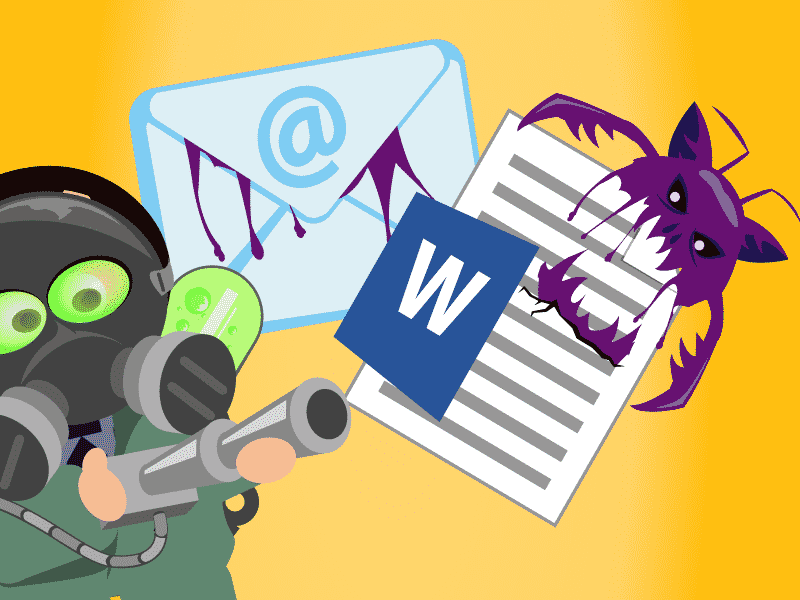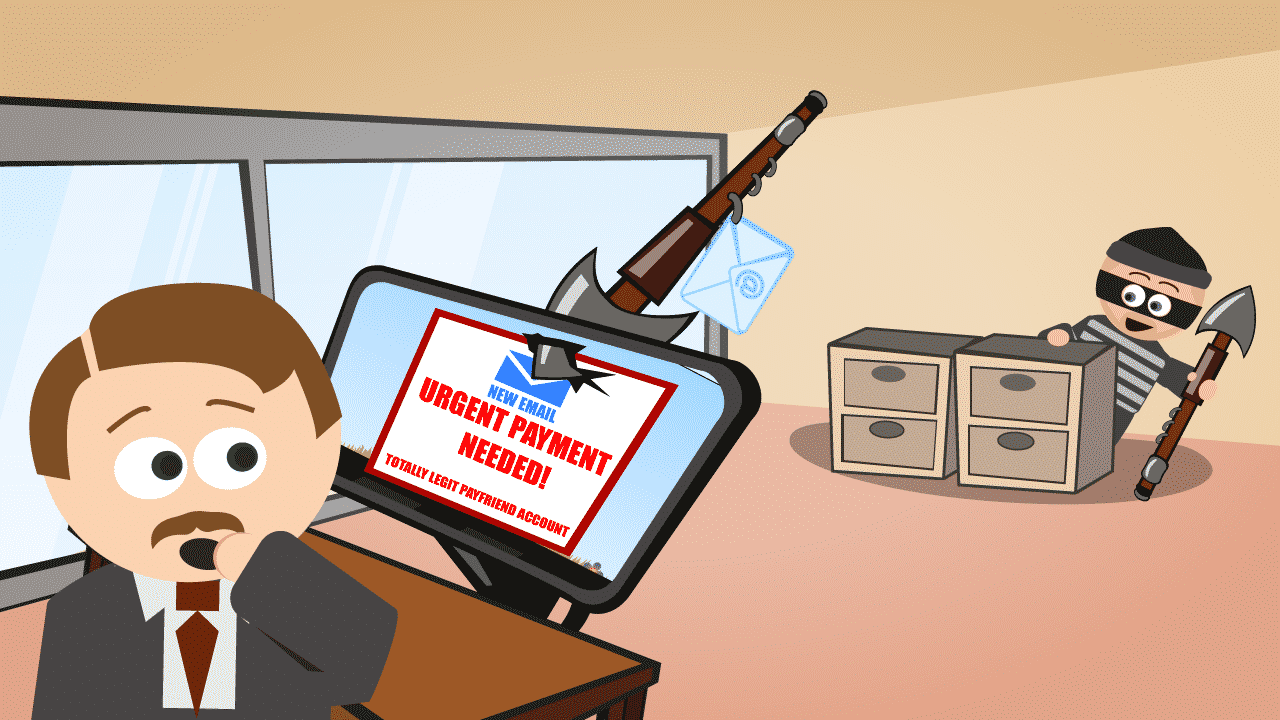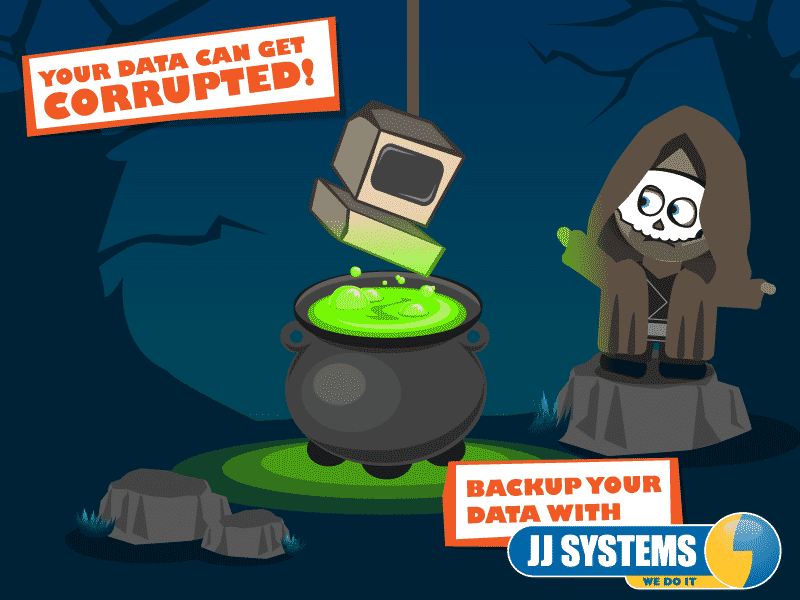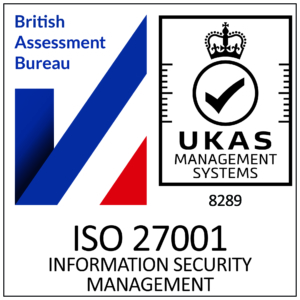Should I be caring about Cybercrime?
Why care about Cybercrime?
Should I be caring about Cybercrime? Despite the massive Distributed Denial of Service (DDoS) attack over the weekend which rendered many of the large corporations inoperable & affected services sites we all use on a regular basis, the incidence of targeted attacks in the UK are far less. This doesn’t mean SME’s are less likely to be affected, in fact complacency has bred a culture resulting in small businesses becoming incredibly vulnerable.
SME Vulernability
This vulnerability is regularly rooted in email and naivety of staff within small businesses. In today’s business world email has become not only essential, but is regularly taken for granted and flippantly mismanaged by many. Email within the average smaller company is often used by employees rather than sending a text message. Encouraging long email threads and breeding a certain contempt for the systems which are supporting the wheels of commerce. It is this disregard which has acted as a catalyst for the darker side of the Internet to exploit small businesses.
The primary offenders are
- Document Attachments
- Email Phishing
- Ransomware
- Spear Phishing
Email Document Attachments & Macros
Emails which contain documents or an office file can harbour a macro (a single instruction that expands automatically into a sequence of instructions to perform a particular task) – these have varying devastating effects. We have seen those which open to a blank page, with the innocent user unaware that a payload of a key logging virus. Gathering banking and secure account information has been deployed to the workstation resulting in bank details being used to arrange speedy CHAPS payments abroad. On both occasions the bank identified those transactions and stopped the payments, but the ramification of loss of income and subsequent cash flow is obvious.
Email Phishing
Phishing emails from the simple single line hyperlinks, to the complex HTML fakes land inside users’ mailboxes regularly, the first defence of up to date antivirus software being bypassed as these emails contain nothing but the lure of a ‘refund on your account’ or the fear of ‘your account is on hold’. Once the naive user enters their personal details the crooks can successfully hack accounts or infest their equipment with a payload of bugs.
Ransomware
Ransomware, the contemptible creation which encrypts a business’s data rendering it inoperable without payment of a sum of money to de-encrypt the files has become prolific, entering mailboxes of users who unsuspectingly click on links or even website popups. Often these infections go untraced for hours, whilst they maliciously work through megabytes of data until the regularly used files begin to complain that they cannot be opened, alerting the victim of their fate.
Spear Phishing
Those businesses which fall foul of Spear Phishing attacks, isolating individual members of an organisation with spoof tactics to extort money in a more direct manner are not identified easily and though some email software has the ability to display the true headers of any sender thus identifying the potential masquerade, in an era of rush, often users do not pick up on this, nor the regularly blatant spelling errors included.
Thus when an email arrives asking simply ‘are you at your desk today’ supposedly from the Managing Director, who is out of the office, the Financial Controller will happily respond affirmatively and unwittingly enter a conversation with a thief. The resulting request to transfer funds in a hurry is easily dealt with and money exits the bank and often the country, untraceable and unrecoverable.
The only solution to this type of cybercrime is a business process which insists on two stage verification for non-standard business payments, something which any business owner should insist on. Sadly between Social Media, websites, even credit vetting facilities, it takes very little to find the details of the primary decision makers of businesses and their social habits and holiday routines. Crooks can easily review financial statistics and target the size of company most likely to provide them the their latest criminal income.
Disaster Recovery
The costs to small businesses of these types of crime are extensive. With simple data restriction measures, adequate backups and Disaster Recovery provisions it is possible to limit damage and to regain data for clients, however there remains a loss of productivity due to the time this recovery can take. Often staff cannot work, whilst machines are cleaned of the offending infection and in some instances the resulting loss of business has a longer term affect. The worst case scenarios are those businesses who do not have this type of service in place, these are at significant risk.
A recent case of a small business owner who received a convincing email regarding a DHL delivery and who opened it, infecting their laptop, encrypting the whole drive. Not ever having been backed up caused us some considerable disappointment that we had not met the business owner until it was too late to provide our services. The ensuing attempts at data recovery from cloud based emails and the necessity to reconstruct the business files from scratch will no doubt haunt this owner for many months.
This micro business owner is one, but there are many instances of ransomware which affect owner/managers. Even if these instances are dealt with efficiently and data restored. The damage can be huge with loss of confidence from suppliers and clients alone proving a significant hurdle.
All businesses need to have sensible precautions in place – if you are interested in how to take steps to protect against cybercrime, you can read our article HERE;
You can be confident of recovery
With precautions in place, including Business Continuity and Disaster Recovery planning along with sensible system environmental measures any business can operate with a large degree of confidence. Recovering from virus infection’s and the repercussions, but coupled with a sensible insurance policy the loss of productivity and income is likely to be minimal.
Contact Jacqui for advice on jacqui.offen@jjsystems.co.uk .















